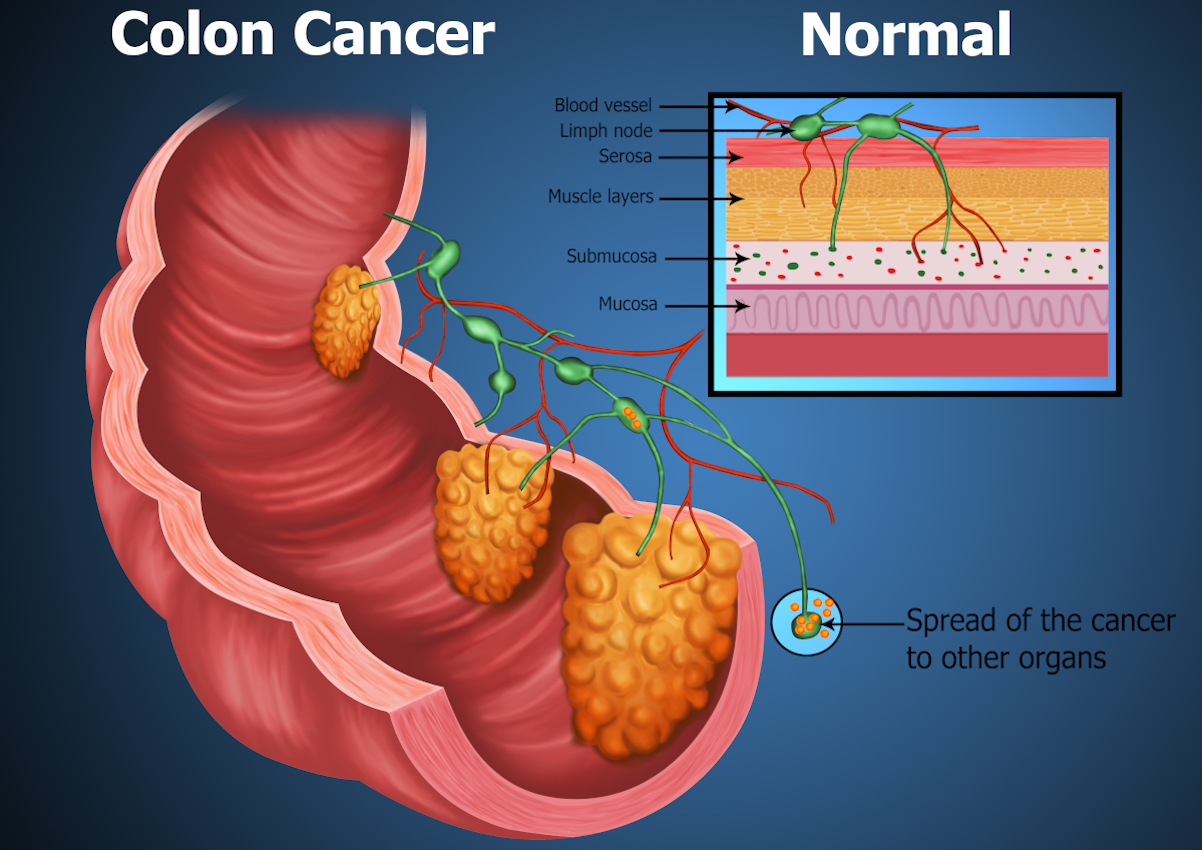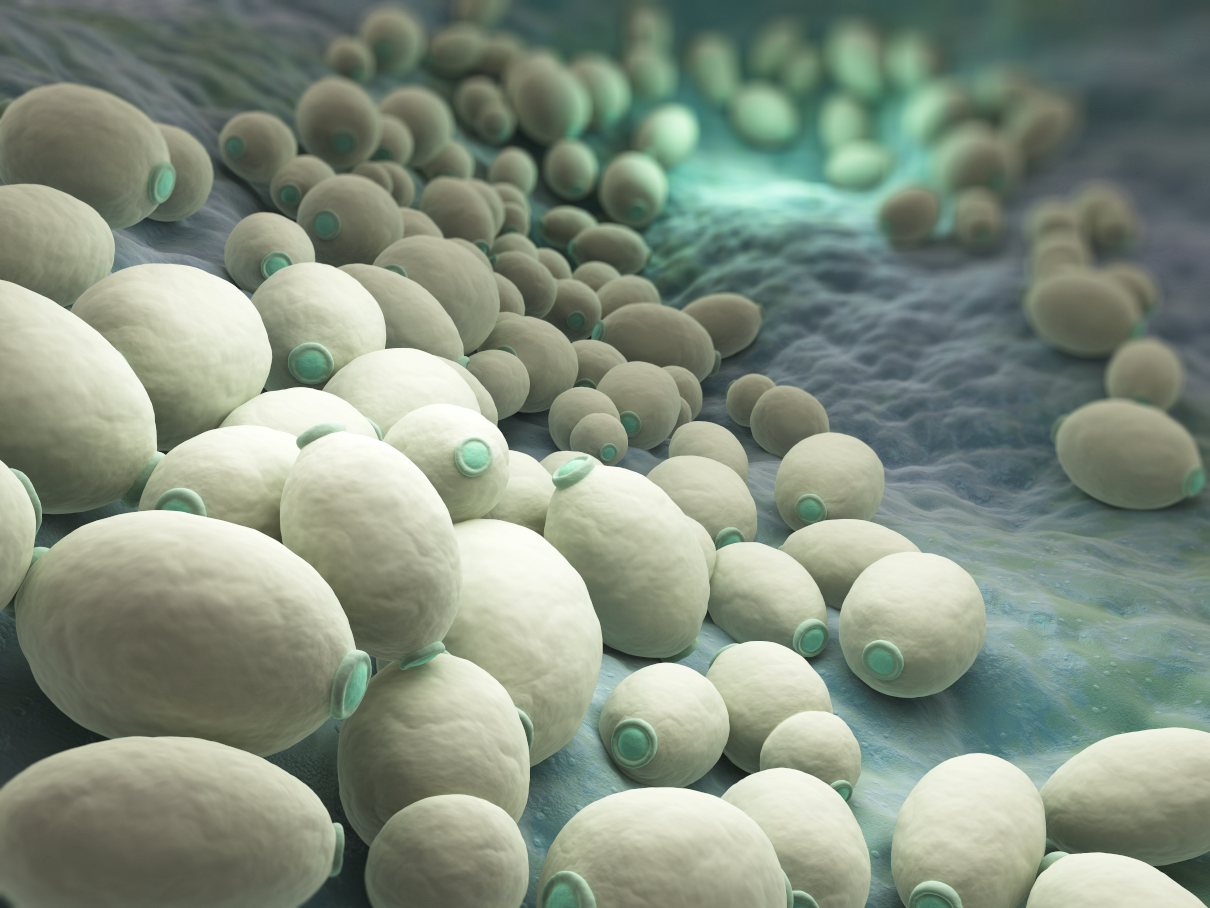
We come into contact with millions of different bacteria every day. Despite the prevailing opinion, not all are potentially dangerous to health. On the contrary, most microbes can provide invaluable help to our bodies. So, let’s see what good bacteria L. acidophilus do for our intestinal tract, digestive, and immune systems.
It is a permanent inhabitant of our digestive system. It also feels great at a temperature of 35-38 °c and with a lack of oxygen.
Acidophilus is a good bacteria that helps restore the bowel’s microflora. Unfortunately, stress or antibiotics can disturb it. However, it is the most widespread microbe found in dairy products. Additionally, Acidophilus multiplies in an acidic environment and helps protect the intestinal tract from harmful substances.

Alkalising colonic irrigation with sodium bicarbonate
Safe and effective colon hydrotherapy includes an initial consultation. Consequently, sodium bicarbonate delivered to the colon through hydrotherapy can kill off candida.
Immune system
These bacteria are most helpful in improving the immune system. Moreover, they benefit the functioning of the stomach and intestines, reduce cholesterol levels and normalise the performance of the intestinal tract.
Bifidobacterium longum is an anaerobic bacterium that lives in the human intestine. It ensures the normal functioning of the digestive system, slows the growth of harmful microbes, and stimulates the immune system.
This bacterium ferments sugar and lowers the ph level in the intestinal tract, reducing cholesterol in the body.
Examples of good bacteria in our intestinal tract
Bifidobacterium longum is a bacterium that enters the intestines of newborns and infants among the first. In Japan, scientists are studying the use of these microbes in cancer treatment.
Streptococcus thermophilus. Anaerobic lactic acid bacteria.

Brazilian bikini or hollywood and underarm waxing
A Hollywood removes all of your hair—the perfect choice if you don’t want to have any genital hair left. And we will make your armpits smooth. Everything Off!!! /30 minutes/
Treatment
These beneficial bacteria help treat lactose intolerance and other digestive system disorders, including gastritis.
Bifidobacterium Lactis (B. animalis) is an anaerobic bacterium found in the intestinal tract and produces lactic acid, reducing the ph level. It improves the bowels, prevents constipation, and helps with diarrhoea, especially in babies.
Bifidobacterium animalis increases Iga levels in the intestines, thus helping to fight rotaviruses. Besides, it helps reduce inflammation and improves the immune system’s response to pathogenic bacteria.
Cleansing the intestines in our clinic in London will help restore the intestinal microflora.

One colonic irrigation session including consultation
Colon irrigation and comprehensive consultation with a professional colon hydrotherapist registered with RICTAT and ARCH at the Parkland Clinic in Holborn. We use a closed system only—London’s best colonic hydrotherapy deal.











